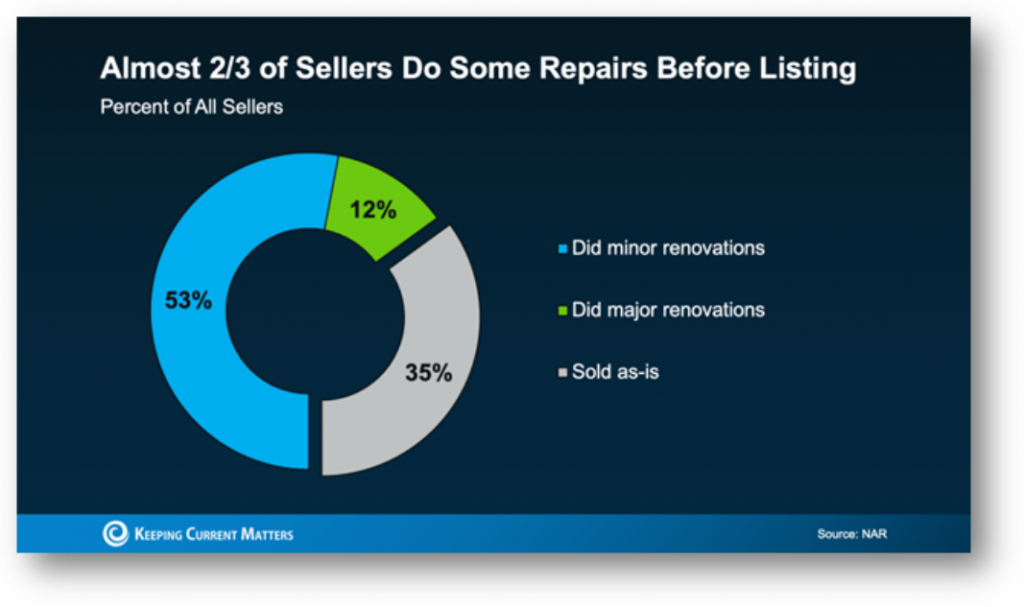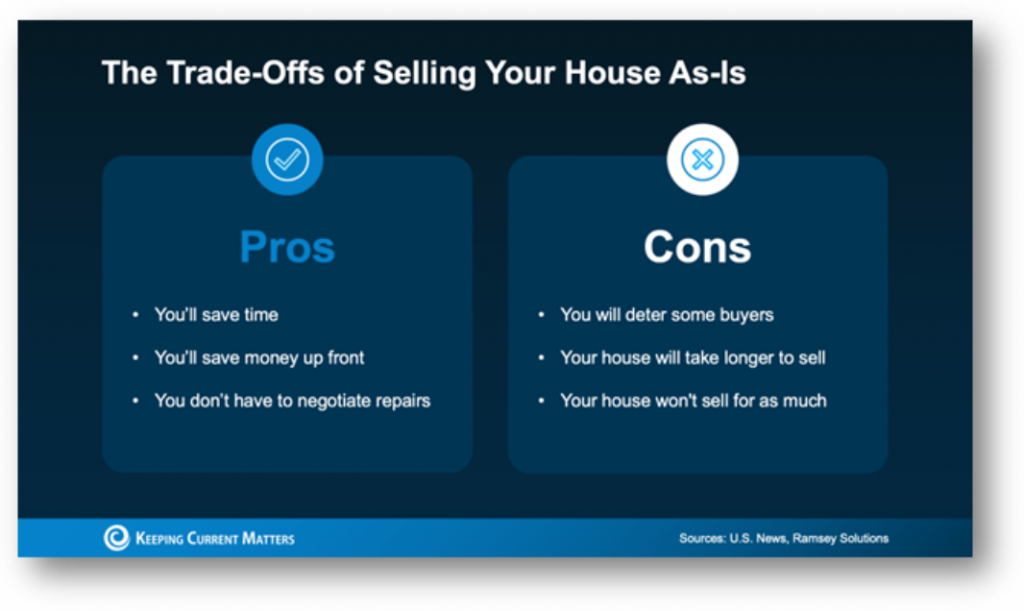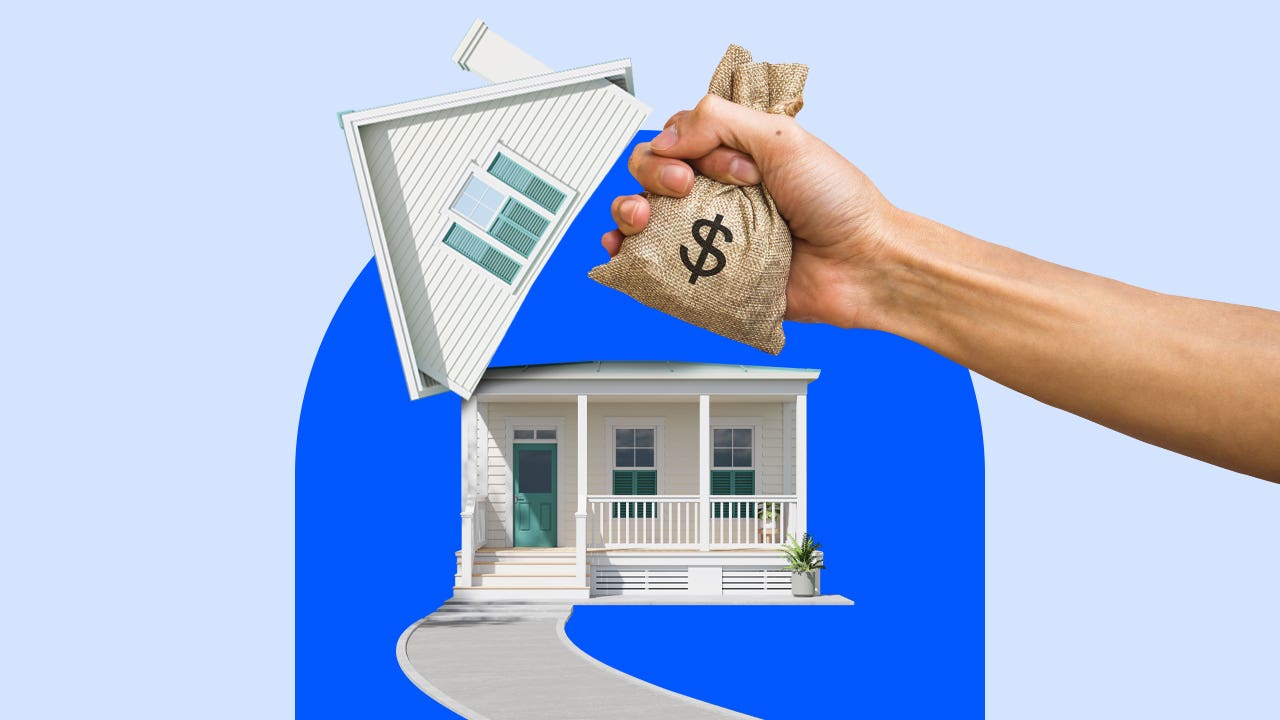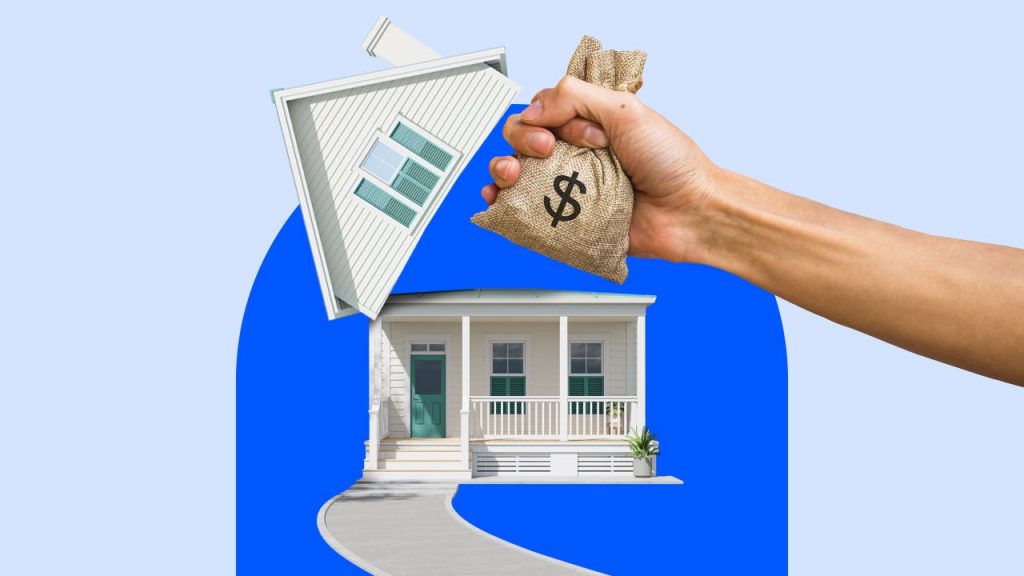Buying a Home with Student Debt
Yes, It’s Possible – Here’s What to Know

Carrying student loan debt is a reality for many working professionals. And it often leads to one important question:
“Can I still buy a home?”
The answer is yes. Student loans do not automatically disqualify you. They are simply one part of your overall financial picture – and with the right strategy, they can be managed alongside your homeownership goals.
How Lenders View Student Loans
Many people think lenders focus primarily on the total balance of their loans. In reality, they focus more on your monthly payment. Mortgage approval is heavily influenced by your debt-to-income (DTI) ratio, which compares your total monthly debt payments – including your future mortgage – to your income.
If you’re on an income-driven repayment plan, many loan programs use the payment listed on your documentation, which may help your DTI calculation. Consistent, on-time payments can also strengthen your credit profile.
Student debt is evaluated – but it’s rarely a dealbreaker on its own.
Common Mistakes to Avoid
• Assuming you won’t qualify without reviewing your numbers
• Waiting to pay off loans completely before exploring options
• Adding new debt before applying
• Not understanding total cash needed (down payment, closing costs, reserves)
Every situation is different. Two people with similar loan balances can have very different paths to homeownership.
Build a Plan Around Your Numbers
If you’re thinking about buying – whether soon or a year from now – proactive planning matters. Through your Employee Homeownership Program, you have access to one-on-one coaching and planning to help you:
• Review your credit and identify improvement opportunities
• Understand how student loans impact qualification
• Explore down payment assistance options
• Evaluate loan programs
• Identify potential closing cost savings
Instead of relying on generalized advice, you can build a strategy based on your specific financial picture.
Bottom Line
Student loans don’t automatically prevent you from becoming a homeowner. What matters most is how they fit into your overall plan.
If you’re wondering how your student debt impacts your ability to buy, your Employee Homeownership Program is available as a trusted resource for guidance, planning, and potential savings.
Clarity today can help you move forward with confidence tomorrow.
SupportSquad@AdvantageHomePlus.com | (800) 511-2197
The information contained and the opinions expressed in this article are not intended to be construed as investment advice. Advantage Home Plus does not guarantee or warrant the accuracy or completeness of the information or opinions contained herein. Nothing herein should be construed as investment advice. You should always conduct your own research and due diligence and obtain professional advice before making any investment decision. * Real estate commission contributions are available as state laws allow.















